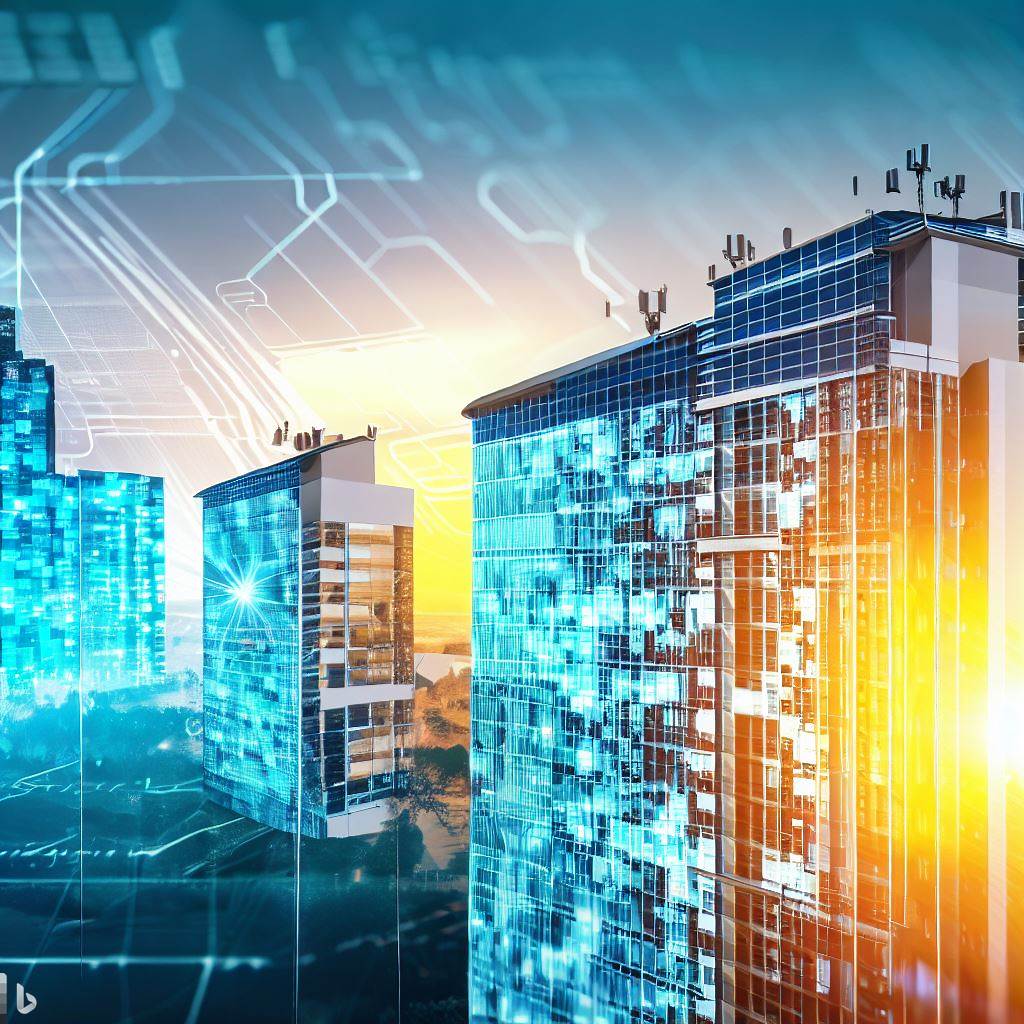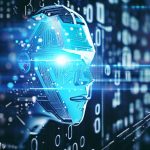The phrases “artificial intelligence” (AI) and “machine learning” conjure up thoughts of cold, impersonal processes devoid of human touch in the world of technology. A deeper examination reveals, however, that these cutting-edge notions may, in fact, breathe life into businesses, particularly the construction industry.
Recent worries regarding the possible negative effects of AI on the labour have been expressed, and a high number of workers fear AI will hurt rather than benefit the workforce. Despite these reservations, it is critical to recognise the substantial beneficial influence that AI may have, particularly in the construction sector, when used appropriately.
Bridging the Divide Between Humanity and Technology
AI and machine learning technologies have the potential to improve the daily lives of construction workers. Rather of eliminating humans from the equation, these technologies enable people to do their jobs more efficiently. With the introduction and improvements in construction-related AI solutions, there has been a rise in discussions about the possible advantages and concerns.
Recognising the legitimate worries about AI, the construction sector is undergoing a paradigm change. AI and machine learning are emerging as crucial actors in the effort to keep projects on schedule while adopting new technology. These innovations not only move the sector ahead, but they also improve results for workers, contracting businesses, and end users.
The Transformative Power of AI
This voyage into the realm of AI reveals a wide range of breakthroughs, from improving design quality and assuring workplace safety to proactive risk management and project longevity. We dig into the revolutionary potential of AI in this investigation, giving light on its role in everyday automation and how it matches with the human-centric character of the construction industry.
Improving Design Quality: In one notable case, a prominent workspace supplier used machine learning to forecast the frequency of space utilisation, resulting in optimised meeting room designs. In addition, a partnership between design software experts and AI specialists resulted in the development of an AI-powered building design system, which especially improved the layout optimisation for timber flooring.
Making Construction Sites Safer: The use of AI-powered computer vision in the construction sector has revolutionised safety procedures. This system analyses accidents, detects possible safety concerns, and ensures that safety standards are followed. Furthermore, AI streamlines incident reporting via real-time data monitoring and natural language processing. This dual strategy supports in effective safety management, making construction crews safer on the job.
Assessing and Reducing Risk: Artificial intelligence plays a critical role in risk assessment and reduction on building sites. A construction-focused AI system, for example, is meant to prioritise possible concerns, allowing for proactive control of costs and schedule risks. AI algorithms in the construction industry can do more than just identify problems; they can also discover root causes, forecast safety events, and provide continuous monitoring of high-risk parts of building projects. This proactive risk management technique helps to simplify procedures and avert problems.
Increasing Project Lifespan: The use of AI and machine learning may dramatically increase the lifespan of building projects. These technologies simplify facility management by categorising data and evaluating real-time conditions. This comprehensive strategy guarantees that construction projects have a long and well-maintained life cycle.
Advancing AI in Construction
Large portions of organised and interconnected data are required for AI to be successful. AI might capture design requirements, integrate design and construction teams, and automate drawing generation in the future. While artificial intelligence (AI) continues to have an impact on the construction industry, it should be considered as a tool that enhances human abilities, creativity, and inventiveness rather than a substitute. Finally, the growth of AI in building opens up intriguing possibilities. Adopting AI correctly may unlock the full potential of human creativity and invention, ensuring that the construction sector evolves and thrives in the digital era.
Are you captivated by the boundless opportunities that contemporary technologies present? Can you envision a potential revolution in your business through inventive solutions? If so, we extend an invitation to embark on an expedition of discovery and metamorphosis!
Let’s engage in a transformative collaboration. Get in touch with us at open-innovator@quotients.com






